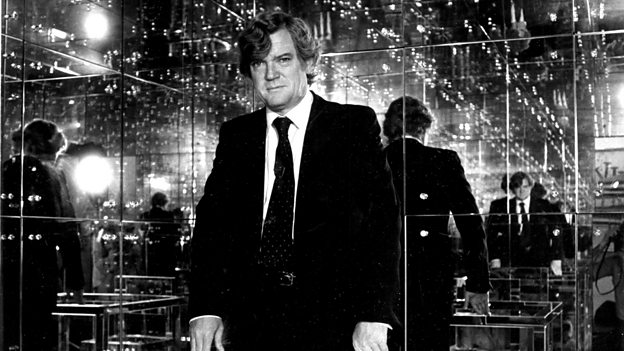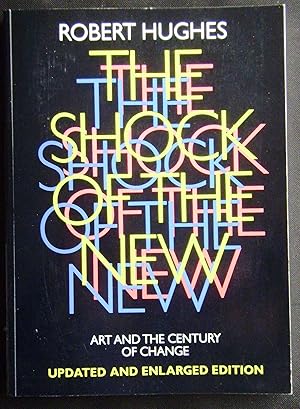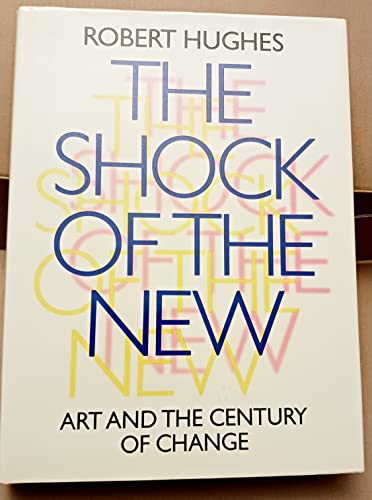

This was the defining moment in Hughes' early professional life, sparking an interest that would eventually become a career. Soon afterward, Hughes was randomly assigned the role of art critic at the magazine, despite having no real background or formal education in the arts. Not being a very committed student, Hughes dropped out of college and took a job as a cartoonist for the Sydney-based periodical The Observer. Ignatius College in Riverview, Australia, and later attended the University of Sydney where he studied art and architecture. Both his father and paternal grandfather were prominent lawyers, and his older brother Tom pursued a career in law as well (eventually becoming Attorney General of Australia), but Robert ended up choosing a different path, one that surprised even him. Futurist art must be scrutinized in tandem with Fascism, the political ideology it was fighting against).Ĭhildhood and Early Years Born to Geoffrey Forrest Hughes and Margaret Eyre Sealy, Hughes was expected from a very early age to grow up and assume a career in law. Hughes maintains that great art is a cultural manifestation of sorts, and that particular styles and movements cannot and should not be viewed as separate from their cultural and historical context (i.e.Above all, Hughes values an artist's technical prowess and his/her ability to be visually descriptive and earnest, but firmly believes that not all Abstract Expressionists are worthy of the same praise. Hughes reveres the great Abstract Expressionists of the '40s and '50s, while at the same time is cautious of bestowing too much praise.In other words, he distrusts artists who are motivated by the tastes of the market and not by their own vision. He is highly skeptical, however, of some artists who in his view blatantly pander to the whimsy of the market.



Hughes believes that the art market is necessary and helps many struggling but talented artists to survive.


 0 kommentar(er)
0 kommentar(er)
